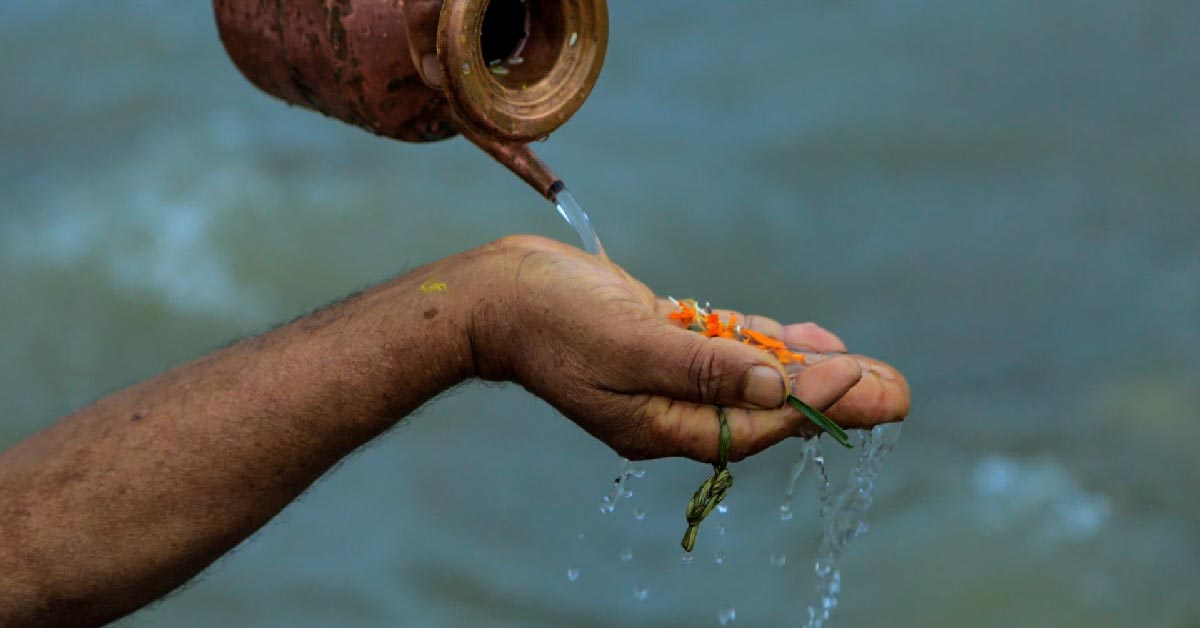
Celebrating Kushe Aunsi: A Day of Tradition, Rituals, and Family Love in Vedic Sanatan Dharma
The Significance of Kushe Aunsi
Kushe Aunsi is an auspicious festival celebrated every year on Bhadra Krishna Aunsi by followers of Vedic Sanatan Dharma. The day revolves around bringing the sacred Kush grass into homes, which holds significant religious importance and is utilized throughout the year in various rites and ceremonies.
- Holy Symbols: The Kush grass is regarded as a symbol of Lord Vishnu, along with Tulsi, Peepal, and Shaligram.
- Prosperity and Blessings: According to Vedic texts, having this sacred grass in your home, especially when it is worshipped and brought by a Brahmin, bestows prosperity.
A Day Dedicated to Fathers
In the midst of rituals, Kushe Aunsi also serves as Father’s Day in the Nepalese culture.
- Traditions: Children honor their fathers by serving their favorite meals and sweets.
- Spiritual Offerings: Those who have lost their fathers pay tribute by visiting holy places to offer prayers, food, and alms in their names.
A Special Gathering: Gokarneshwar Mahadev Temple
A special event is held in the Gokarneshwar Mahadev Temple complex in Kathmandu, also known as Uttar Gaya, making this day alternatively known as Gokarne Aunsi.
- Crowds of Devotees: People offer Tarpan, Pindaan, and Sidadaan, a series of rites to honor deceased fathers.
Kush Grass: A Blend of Spirituality and Science
Known scientifically as Eragrostis cynosuroides, Kush grass is not only a religious icon but also a scientifically studied plant.
- Healing Qualities: The plant's roots are used to make medicines.
- Radiation Absorption: Experiments have shown that Kush can absorb harmful radiation.
The Philosophy of Giving
- Punya Parva: This day is also termed as the 'Day of Virtue' where even small donations can lead to significant karmic rewards.
Cultural Reflections
Kushe Aunsi is also a time for cultural reflections on the evolving roles in families, symbolizing the love and responsibilities between parents and children.
- Mutual Expectations: Parents nurture their children with the hope that one day, their children will reciprocate with love and care.
Spiritual Destinations
People often visit Devghat in Tanahun, Vishnu Paduka and Varahkshetra in Sunsari to perform rites in the name of their ancestors.
The Holy Bath in Gokarna
Bathing in Gokarna is considered a symbol of purity and paternal affection, especially on the day of Kushe Aunsi. It holds a special place in Sanatan Darshan, attracting devotees from around the world for ancestral rites.
Annual Day




